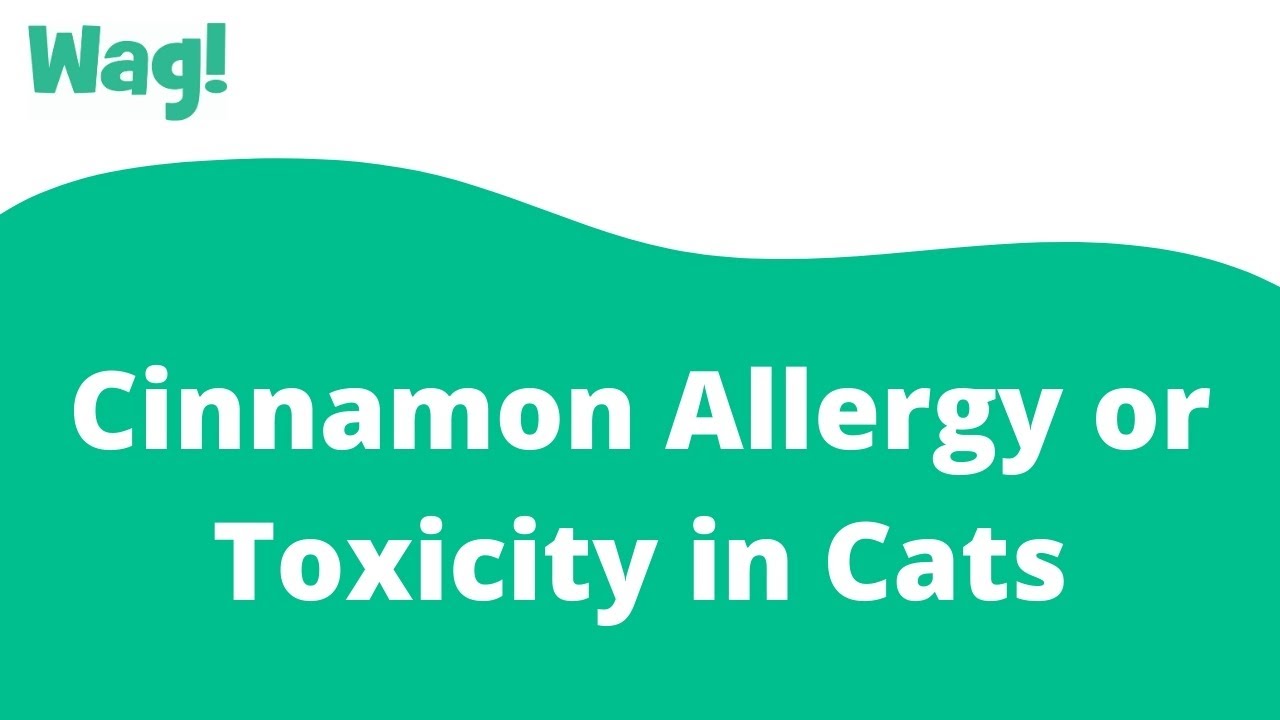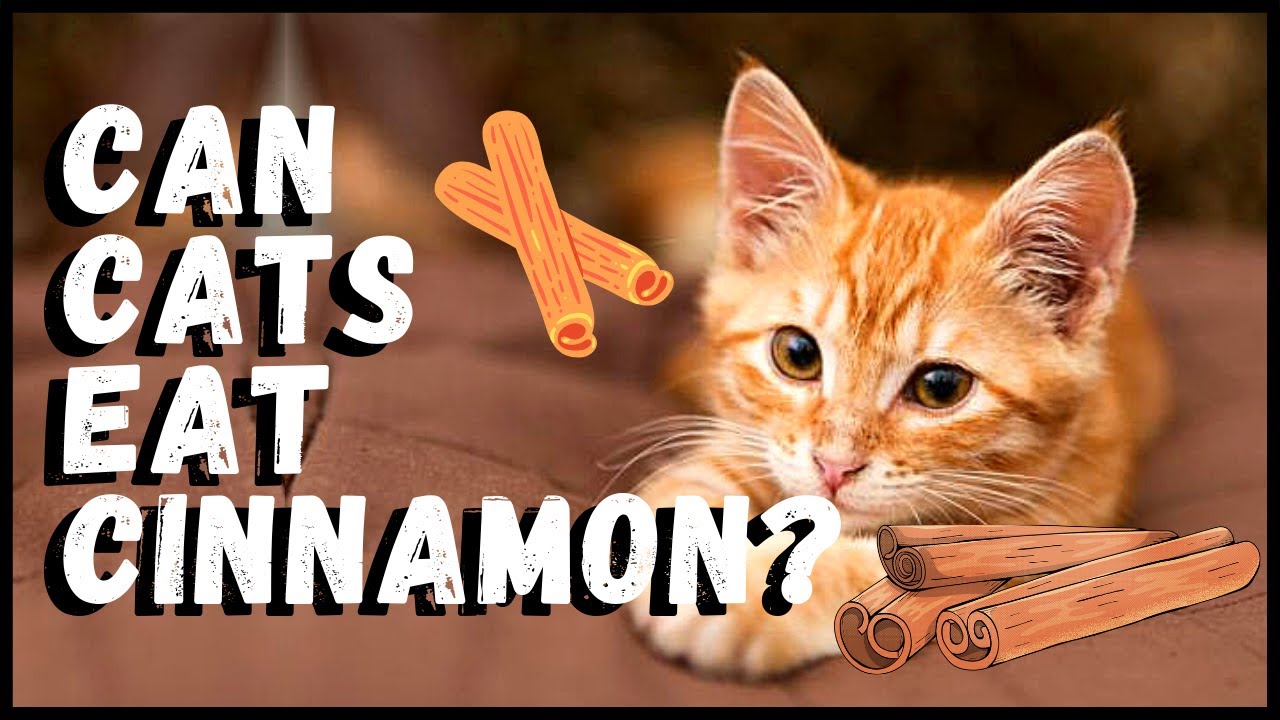When pondering the question, “is cinnamon poisonous to cats?”, it’s crucial to dig a little deeper into the topic. We’ve got two main types of cinnamon that often grace our kitchens: Ceylon cinnamon and the more common Cassia cinnamon. Cassia contains higher levels of coumarin, a compound that can be harmful to both cats and dogs if consumed in large amounts. Good news, though! Generally speaking, cinnamon isn’t classified as highly toxic to cats. Still, it’s wise to handle this spice with care.
Understanding the Toxicity of Cinnamon to Cats
While cats may be curious about the smells in our kitchens, their health shouldn’t be taken lightly. Let’s break down what we know regarding the toxicity of cinnamon. Ceylon cinnamon is the mild and somewhat safer option, while Cassia cinnamon can lead to potential health issues if mishandled.
Cats are notorious for getting into things they shouldn’t, and taking a bite of cinnamon could be more than a trivial problem. It’s important for pet owners to remember that any substance can be harmful in large quantities, especially for our feline friends. So, even though cinnamon isn’t on the high-risk list, it’s still essential to monitor your cat when experimenting with spices in the kitchen.
In rare cases, exposure to coumarin in large amounts can lead to liver issues in cats, which is why staying informed is key. The bottom line is that while cinnamon itself is not deadly to cats, responsible pet ownership involves being cautious about what they can sniff or taste.
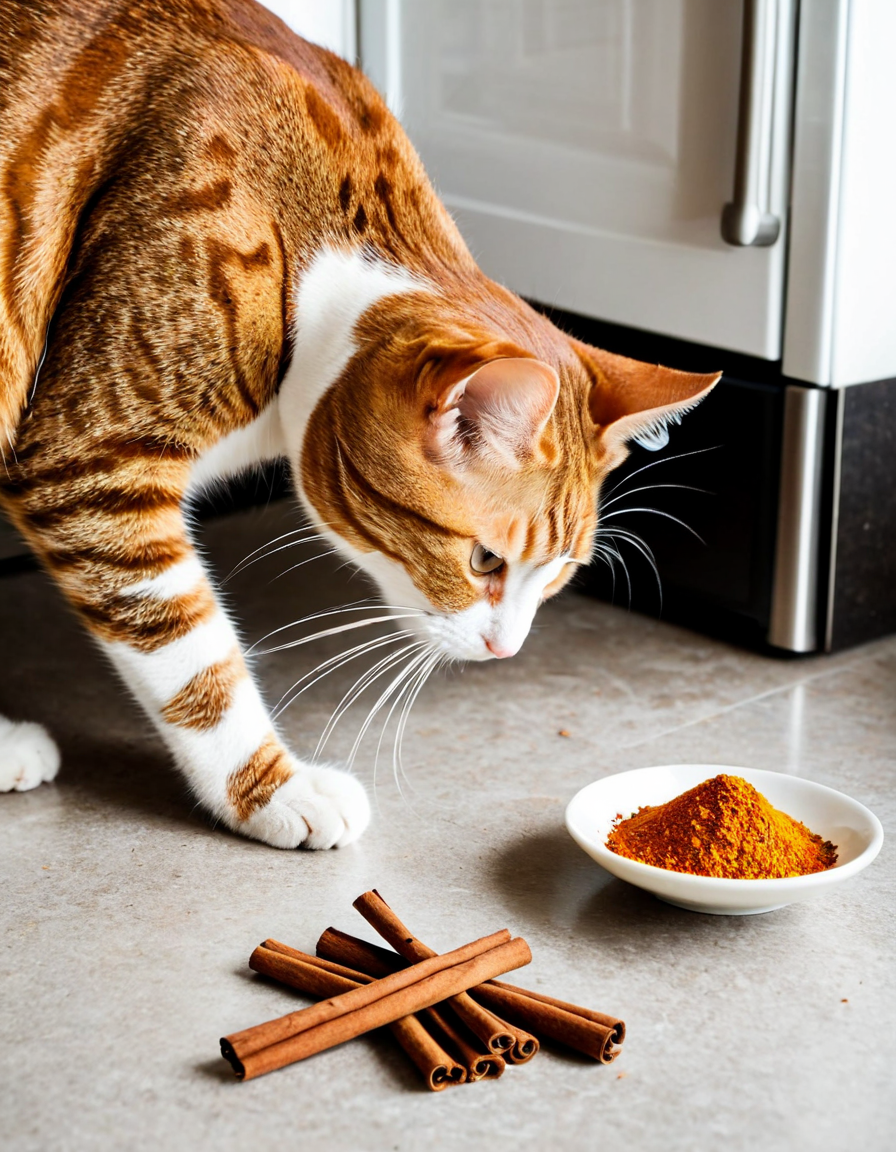
5 Impacts of Cinnamon on Cat Health
While we love to sprinkle cinnamon on our oatmeal or in cookies, it’s worth noting how it affects our furry companions. Here are five potential impacts of cinnamon on cat health that every owner should grasp:
Alternatives to Cinnamon: Non-Toxic Plants for Cats
So, what are the options if you’re looking to spice up your cat’s life without the risks of cinnamon? There are plenty of non-toxic flowers for cats and herbs that can safely bring some flavor to their world:
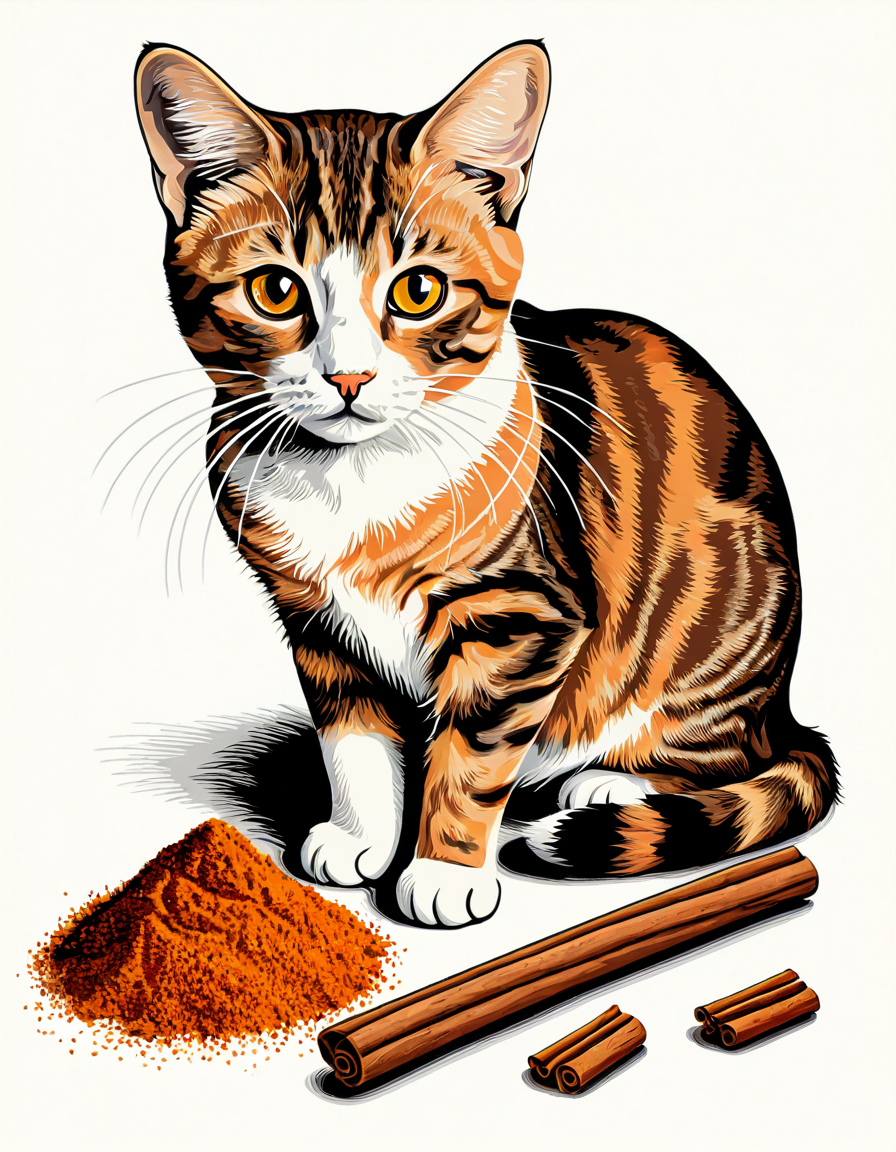
Exploring Common Questions About Plant Toxicity
As a cat owner, you might have a few lingering questions about the safety of other plants. Here’s a breakdown of commonly asked questions concerning plant toxicity:
Final Thoughts on Cat Safety and Plant Use
To circle back to the pressing question, “is cinnamon poisonous to cats?”—the answer is largely no, although caution is still necessary. Being aware of what’s safe for your feline not only keeps them happy but also fosters a playful and immaculate living environment. Always consult with your veterinarian before introducing new food or flowers to your home, particularly if you’re uncertain about their effects on your pet’s health.
Creating a cat-friendly space filled with safe, non-toxic options ensures that you and your feline companion can enjoy your time together without the worry of potential health hazards. Remember, our fur babies depend on us to keep them safe and sound!
By staying informed about potential dangers, including the surprising risks associated with everyday household spices, you can nurture a happy and healthy partnership with your furry best friend. So next time you reach for that cinnamon jar, think twice and opt for one of those delightful herbs instead!
Is Cinnamon Poisonous to Cats?
When you’re contemplating what your feline friend might munch on, you might wonder, “Is cinnamon poisonous to cats?” The good news is that cinnamon, in small amounts, isn’t toxic for our furry buddies. However, too much can lead to some nasty reactions, like vomiting or even more severe gastrointestinal issues. That’s why it’s wise to avoid giving them cinnamon-laden treats. And while we’re on the subject of curious kitty diets, did you know that certain breeds, like hairless Siamese Kittens, are particularly sensitive to various foods? Feeding them a careful diet is crucial to their health.
Speaking of unusual pets, have you ever considered keeping a fresh water puffer as a companion? They’re fascinating creatures that thrive in specific environments, just like cats need their preferred spaces. As your furry one lounges in the sun, you might think about how even the tiniest dietary choices can affect health. Just like humans can get caught up in celebrity news — take Bobby Brown jr, for instance — pets have their own dietary whispers that may lead to health concerns. You’ve got to protect your kitty from unnecessary risks!
Now here’s a fun tidbit: while most cats won’t show interest in cinnamon, it’s essential to monitor their behavior around spices and other potential hazards. They can develop peculiar likes or dislikes, similar to how some famous personalities, like Jackie Earle haley, have quirky tastes that make them unique. It’s fascinating how individual preferences emerge not only in us but also in our pets. Cats might be picky eaters, but their health is always a priority. If you ever see signs like excessive sneezing or unusual behaviors, it’s best to check in with your vet.
Lastly, let’s touch on playful trivia! Did you know cats have Preputial Glands that play a role in their scent marking? Understanding these little quirks adds depth to what it means to care for a cat. And when considering their health alongside your lifestyle, finding a smart train schedule for your commute can actually simplify your pet care routine. Just think—keeping an eye out for your feline’s well-being keeps you both happy! Overall, knowing whether is cinnamon poisonous to cats can help you keep your furry companions safe and sound.
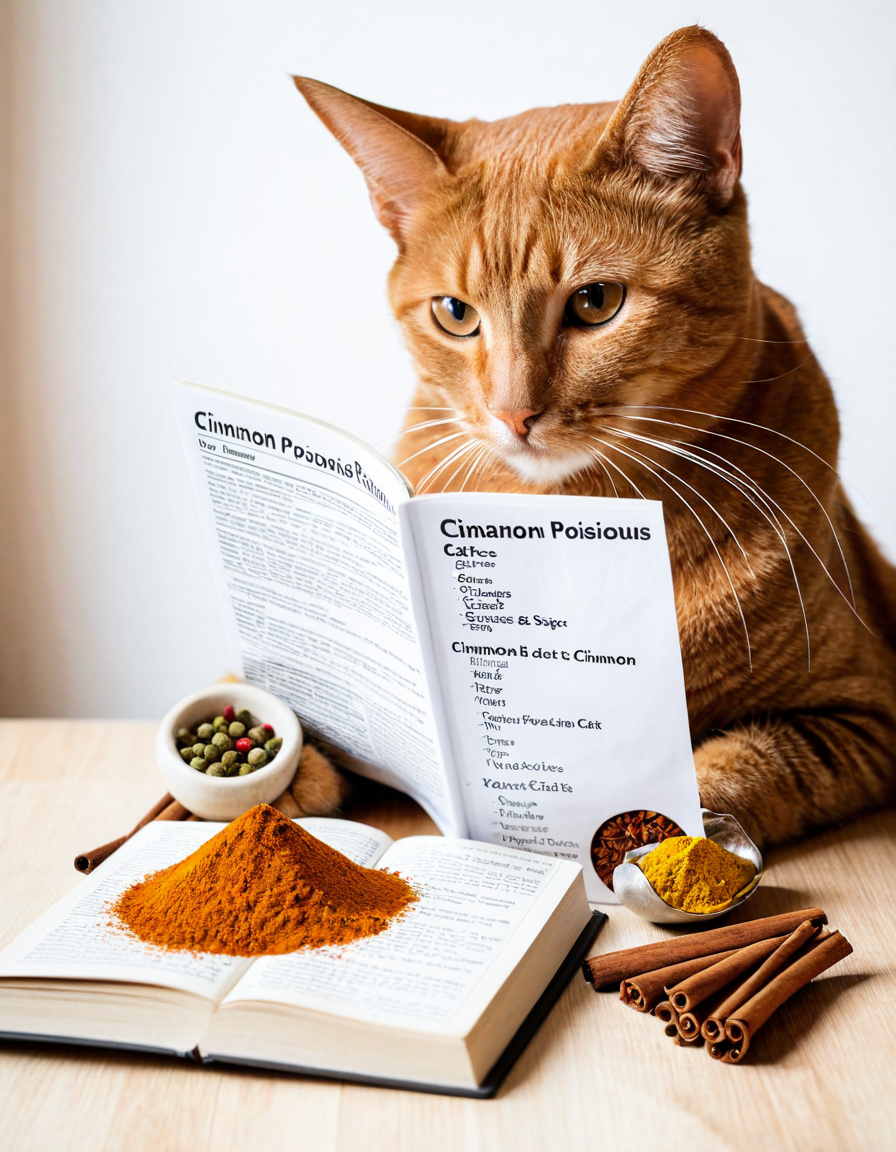
How much cinnamon is toxic to cats?
Cinnamon is considered toxic to cats in significant amounts, but there’s no exact measurement for how much would cause harm. Even small quantities can lead to health issues, especially if they ingest it regularly.
What happens if a cat licks cinnamon?
If a cat licks cinnamon, it may cause irritation to their mouth and stomach, leading to symptoms like vomiting or diarrhea. It’s best to keep cinnamon away from your furry friend to avoid any potential trouble.
What happens if cats sniff cinnamon?
When cats sniff cinnamon, they might be curious, but it’s not a good idea to let them get too close. Some cats can be sensitive, and inhaling cinnamon can irritate their respiratory system, leading to coughing or sneezing.
Will sprinkling cinnamon keep cats away?
Sprinkling cinnamon might keep cats away from certain areas, but it’s not a foolproof method. Some cats are more persistent and may not be deterred, while others could end up eating it, which isn’t good for them.
Why can’t cats have cinnamon?
Cats shouldn’t have cinnamon because it contains compounds that can be harmful to them. Ingesting it can lead to gastrointestinal upset and other serious health issues, so it’s better to stick to cat-safe herbs and spices.


